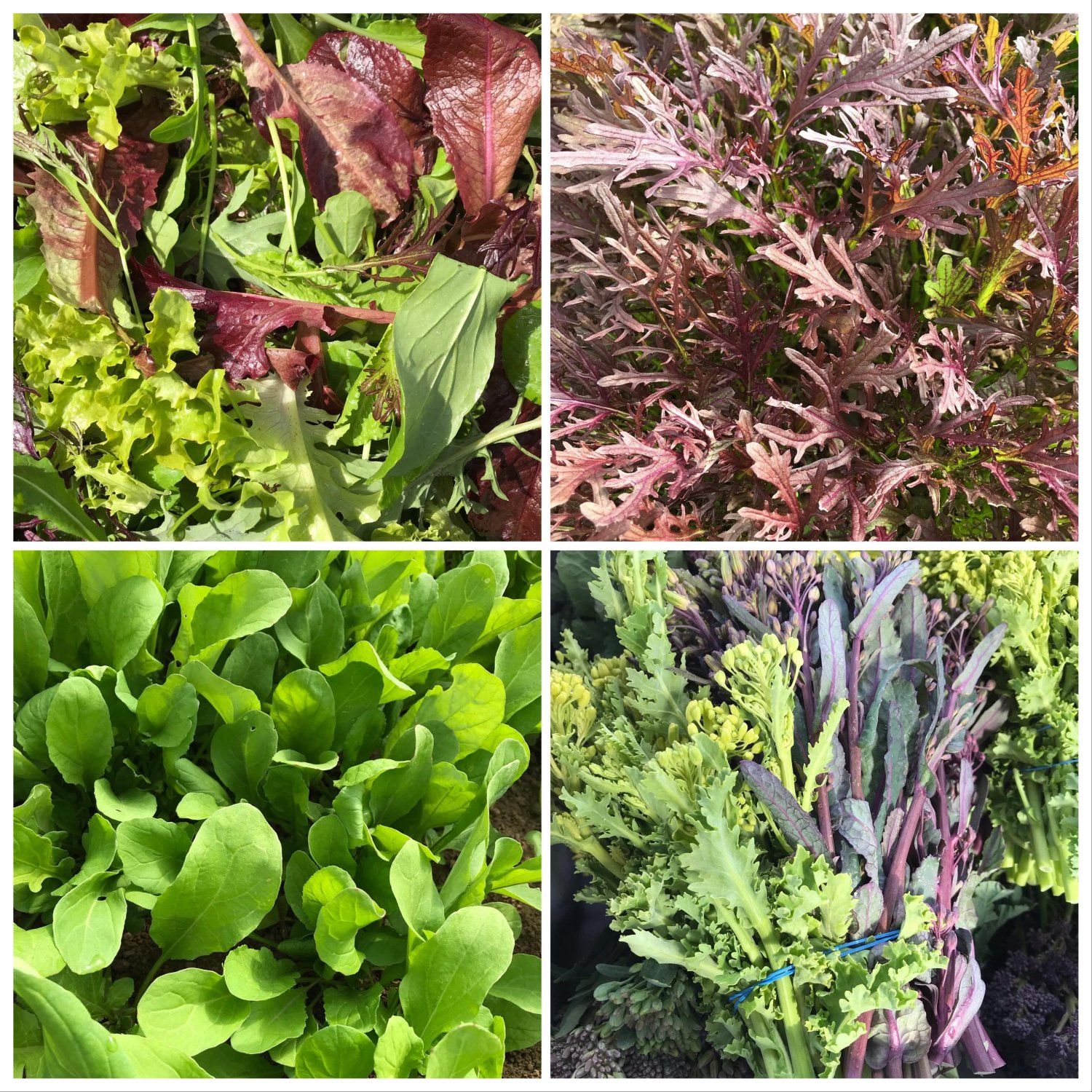It's been a very wet week. Which makes for a good time to spray some beneficial nematodes!
"Beneficial Nematodes are naturally occurring, microscopic organisms (non-segmented round worms) found in soils throughout the world. They parasitize and kill insect pests in their larval or pupal stage of development preventing egg laying and limiting crop damage. After application, nematodes locate pests and enter through body openings or directly through the body wall. Once inside, the nematodes produce bacteria that is injected into the pest's blood. This bacteria kills the host pest within 24-48 hours while the nematodes continue to reproduce within it.
As the food resources within their host become scarce, the nematodes emerge and begin searching for a new host. While each species attacks a wide variety of pests, they are species specific and safe to use around beneficial insects, mammals or aquatic life."
This year we're trying out the triple threat beneficial nematodes from Arbico Organics.
If you have issues with cut worms in your lawn, ants, fly larvae, fleas, cucumber beetles, weevils, grubs, leafminers, moths, or a ton of other bugs that have negative effects on your garden- these nematodes are a great way to Organically help control them! We've been applying beneficial nematodes every spring for the past few years to help us control flea beetles, root maggot, and lots of other pests.
A few notes- when you apply them, make sure to do it in the early morning or near dusk (as the UV rays from sun will kill them before they have time to get into the soil). Your soil temperatures need to be above 42 degrees. You also need to apply to wet soil and water them in. They ground will need to stay moist for the next couple of weeks. Which is why spring in the PCNW is a great time to apply them!
Other methods we use for pest control include covering beds with Reemay or Row Cover (a thin, breathable, permeable fabric) that keeps bugs out! We also hand pick off bugs and either squish them or put them in a bucket and feed them to the chickens. Other practices we use include companion planting- putting veggies and other flowers/herbs that work well together to ward of insects. Some of our favorite combinations are tomatoes with marigolds, peppers and basil, and the Brassica family with onions. We also plant "sacrificial" plants that pests really like at the edges of the fields to attract the veggie eating bugs away from the crops. Nasturtiums are wonderful as a "trap crop". We also like to plant lots of beneficial bug attracting plants on the edges or throughout the fields. Plants like Cosmos, Lacy Phacelia, Dill, Cilantro and other flowering species attract lace wings and lady bugs that eat the bad pests like aphids.
Happy Earth Day!
Your farmers,
Kelly & Patrick




